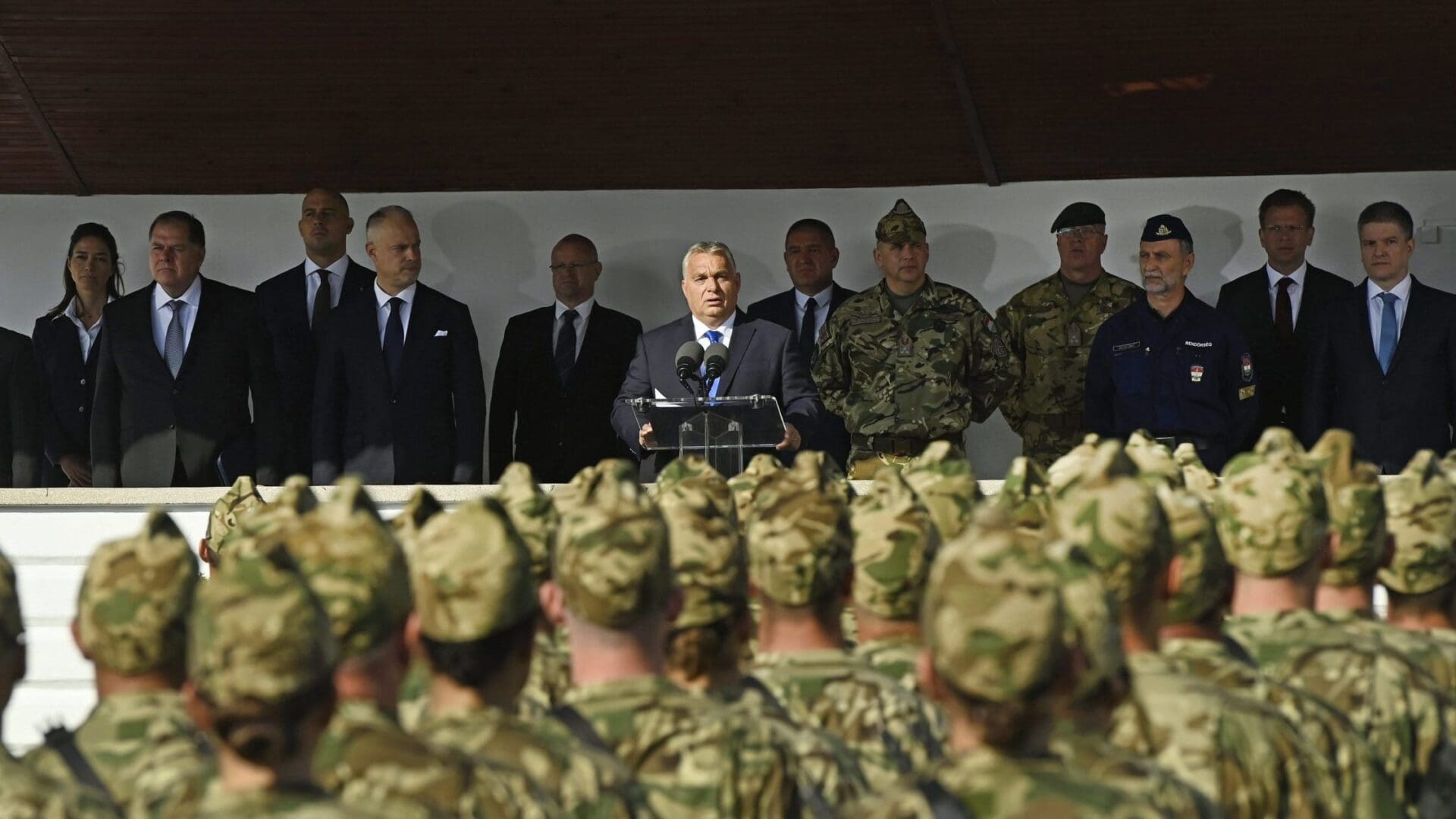
Hungarian Military Expenditure May Soon Exceed Two Per Cent of the GDP
The Hungarian force development programme essentially aims at acquiring NATO-compatible equipment, increasing troops levels, and building a national defence industry.

The Hungarian force development programme essentially aims at acquiring NATO-compatible equipment, increasing troops levels, and building a national defence industry.
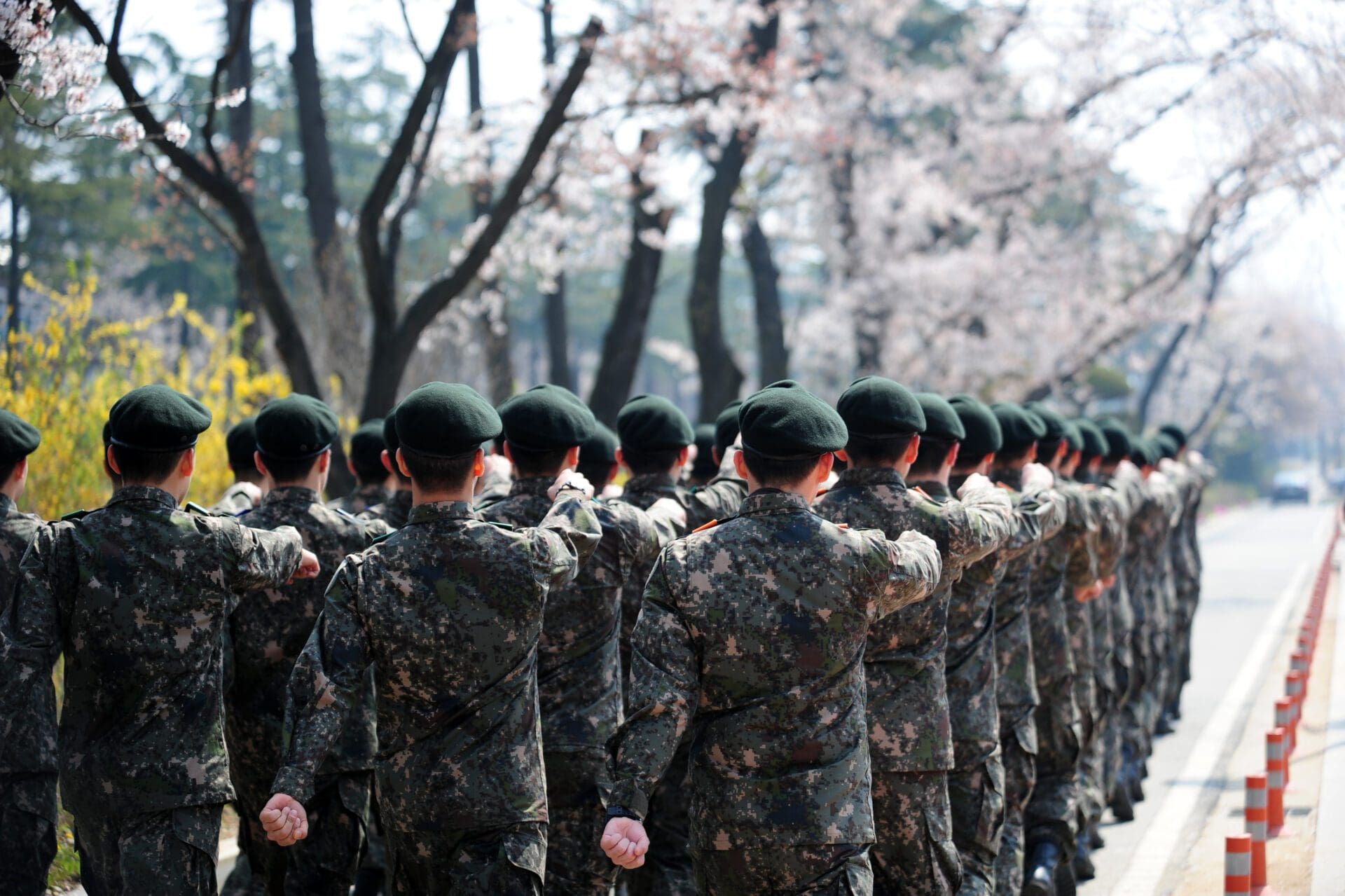
While joint US-Korean military drills were scaled down in the last couple of years, now they have returned in their past size as tens of thousands of soldiers train for a potential invasion of South Korea until 1 September. The drills are a show of force not only to Pyongyang, but to Beijing, too.
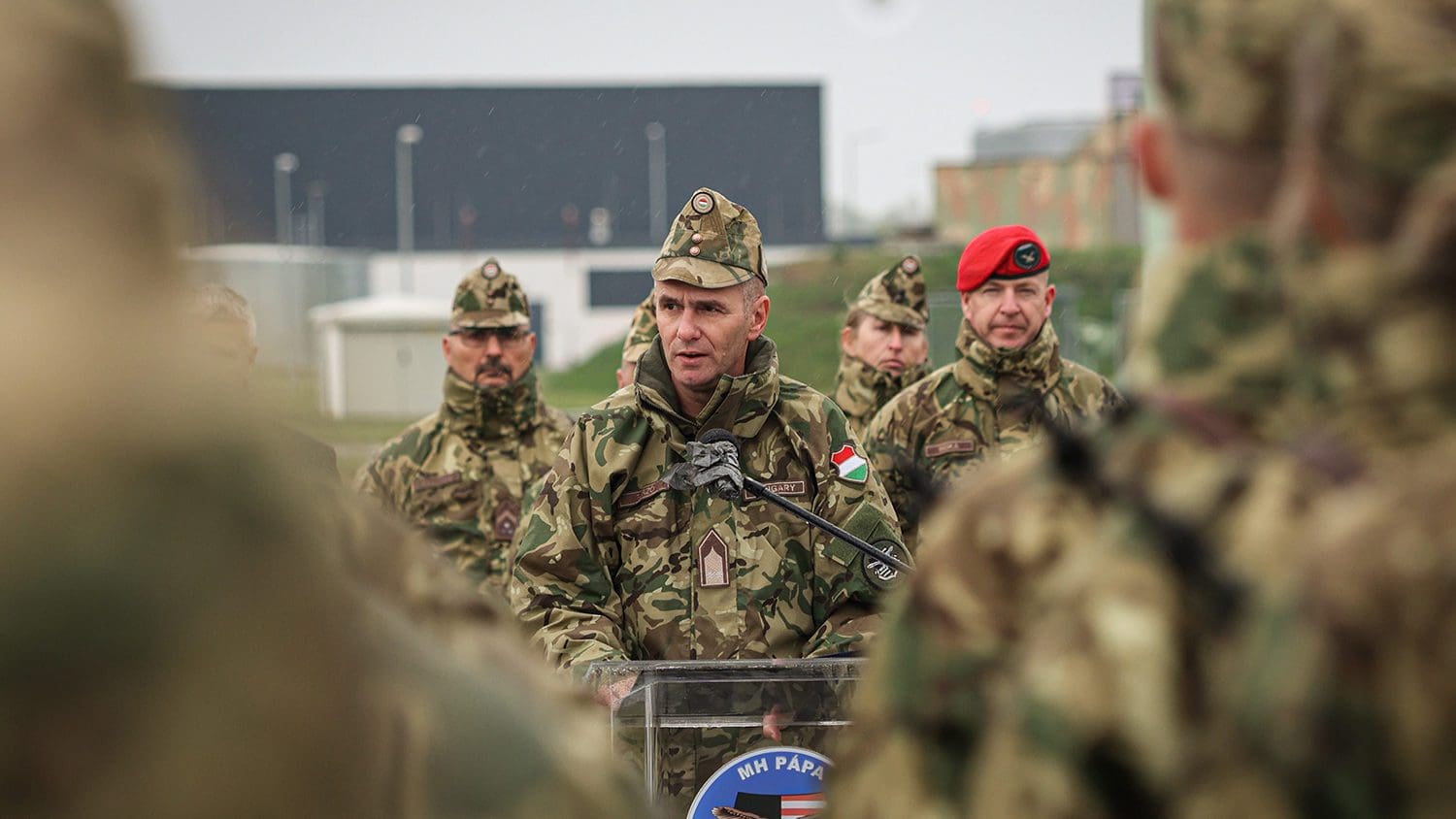
The Russian invasion of Ukraine forced most NATO members to reckon with the poor shape of their military and left them searching for quick fixes. Countless procurement programmes have been signed for new weaponry, but we’re still short of manpower. Compulsory service, perhaps even for women, may prove to be the only answer.
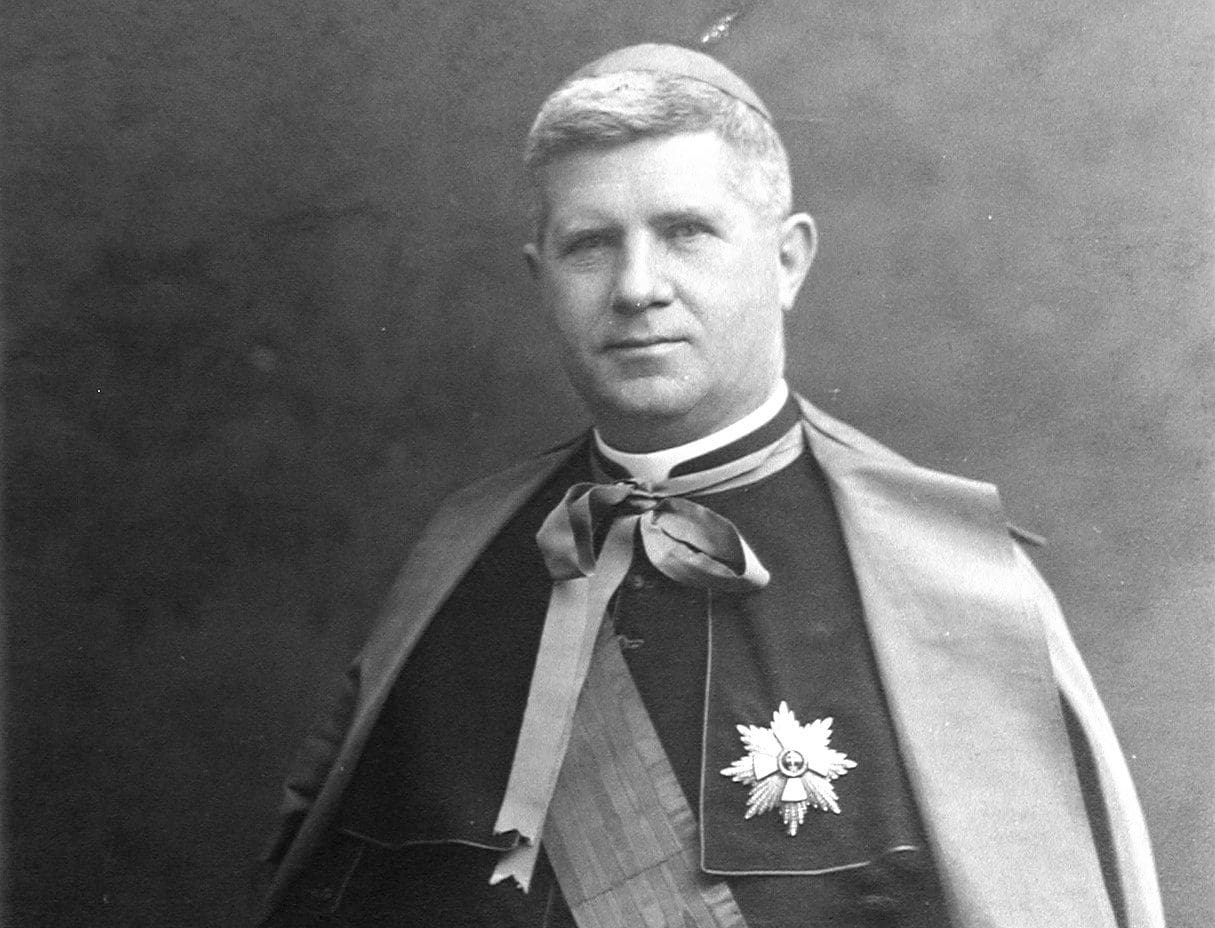
The story of Zadravecz’s controversial years well illustrates the fascinating internal debates and lively public life of the early Horthy period, as well as the divisions between Christian churches in a period which desperately called for Christian unity.
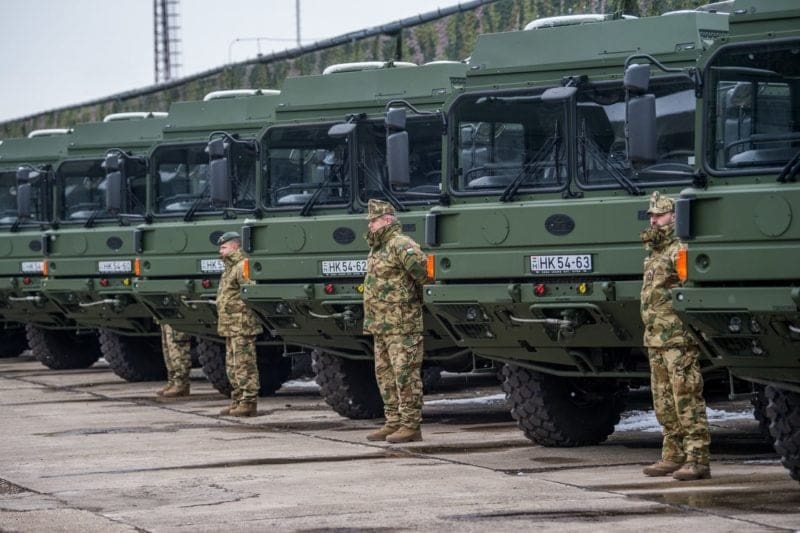
Upgrading the Hungarian military industry means that “Hungarians give Hungarian weapons to Hungarian soldiers”.
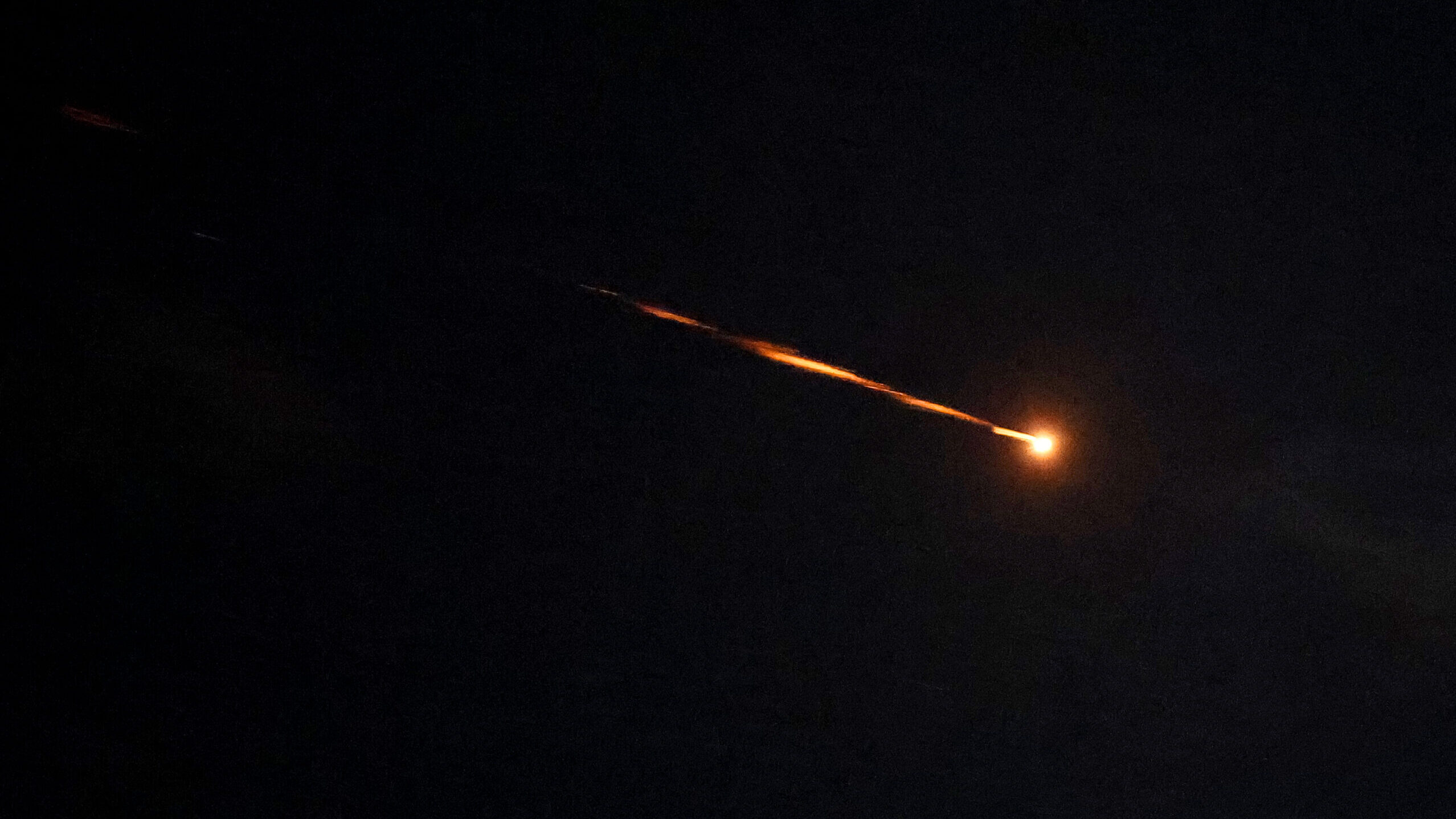
NATO Secretary General Mark Rutte condemned Iran’s ballistic missile strike on Türkiye, intercepted by Turkish and NATO defence systems, as ‘serious and absolutely condemnable’, as the escalating Middle East conflict moves closer to NATO territory. The incident comes amid a wave of Iranian retaliatory attacks across the region and growing international military deployments to protect vulnerable allies.

In a recent interview, Viktor Orbán has framed the coming years as a test of Hungary’s ability to remain outside global conflicts, arguing that the country must resist pressure to provide military or financial support as the wars in Ukraine and the Middle East intensify.
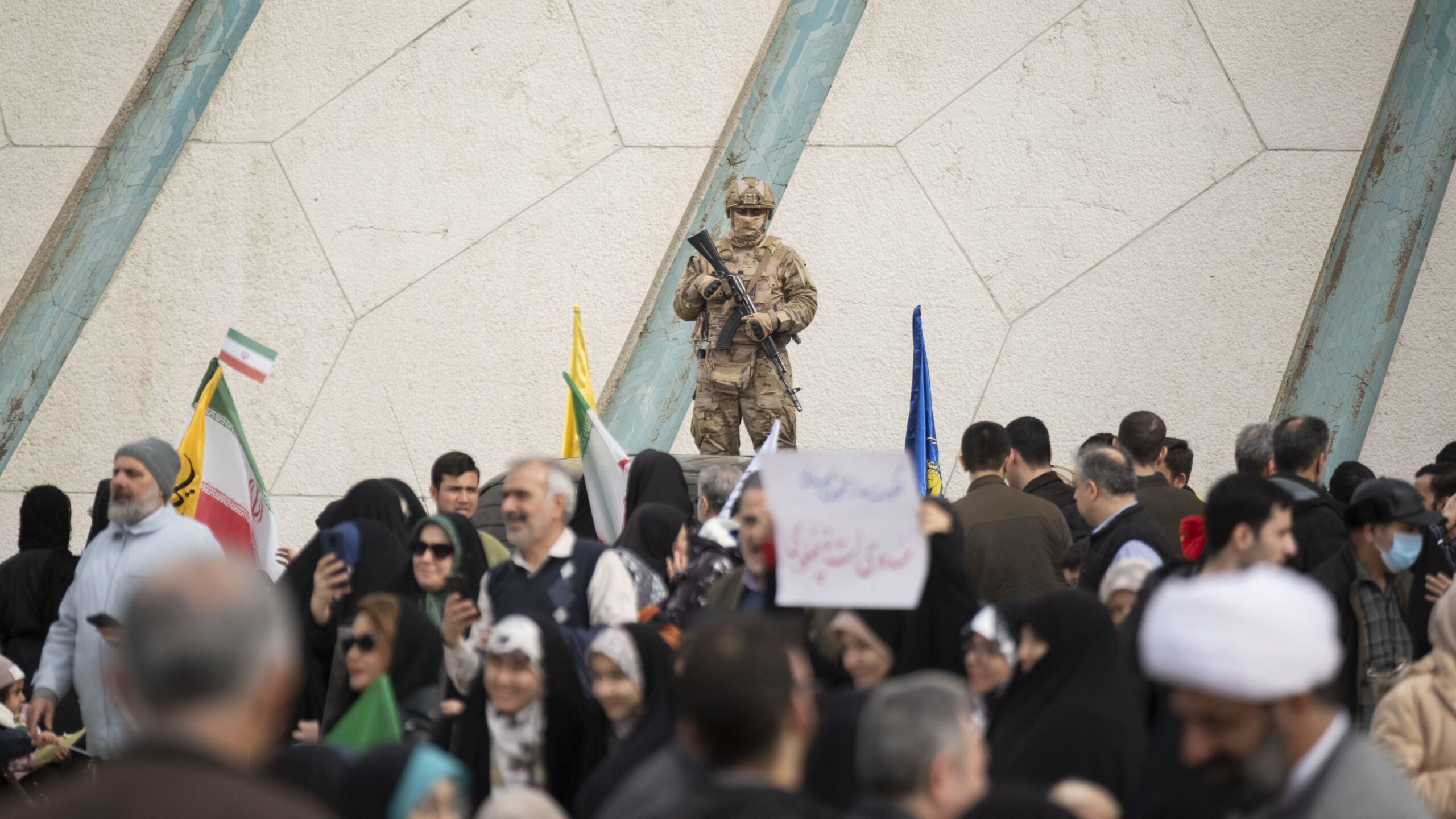
‘Devoted Mahdists could rise to senior leadership positions within the IRGC [Islamic Revolutionary Guard Corps], bringing under their control the three principal pillars of Iranian power projection: militias across the region, ballistic missile forces, and the nuclear programme itself.’
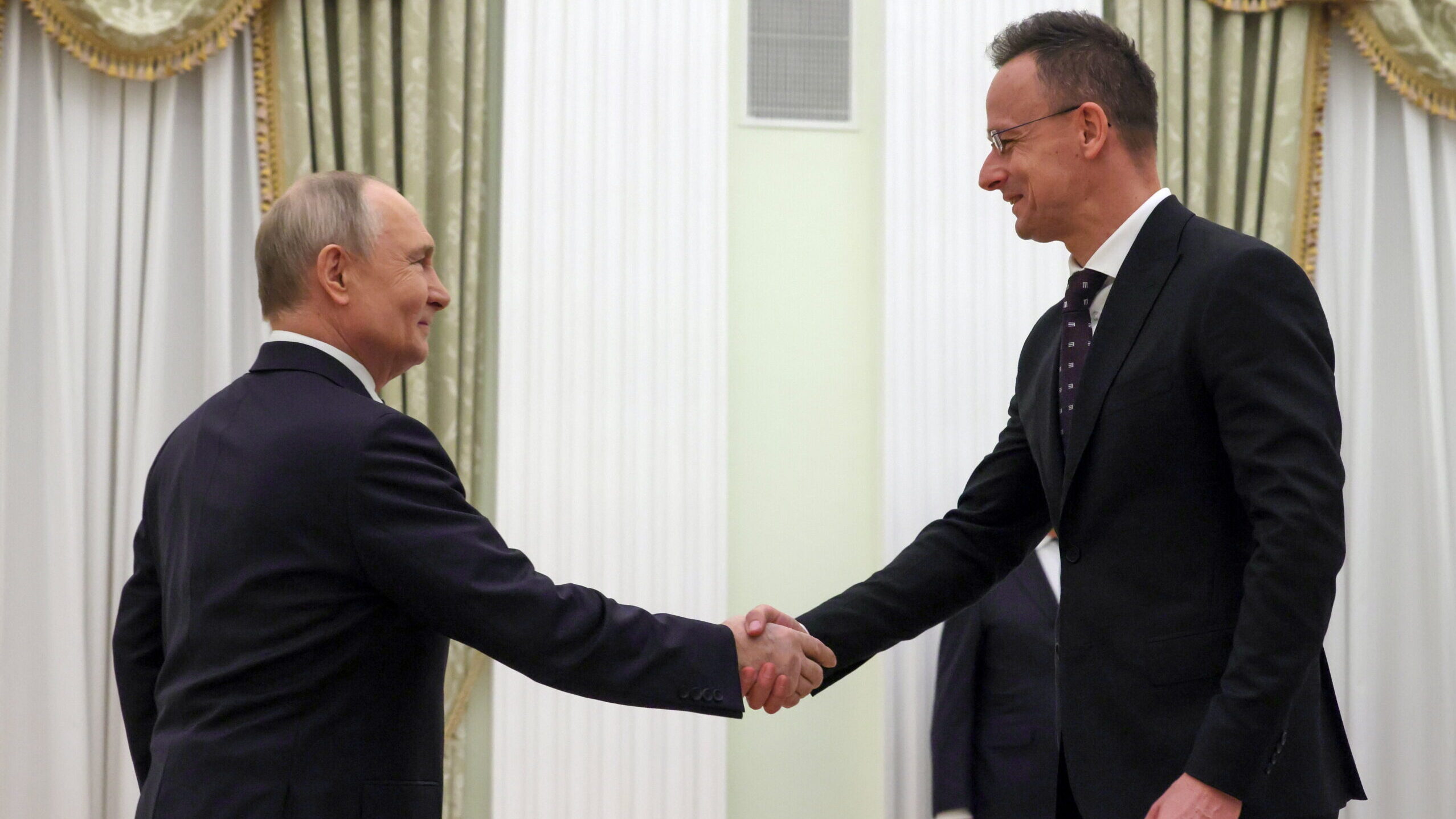
Two Hungarian prisoners of war from Transcarpathia have been released following diplomatic talks between Hungarian Minister of Foreign Affairs and Trade Péter Szijjártó and Russian President Vladimir Putin in Moscow. The discussions also centred on Hungary’s energy security as global markets react to escalating tensions in the Middle East and Ukraine’s blockade of the Druzhba pipeline.
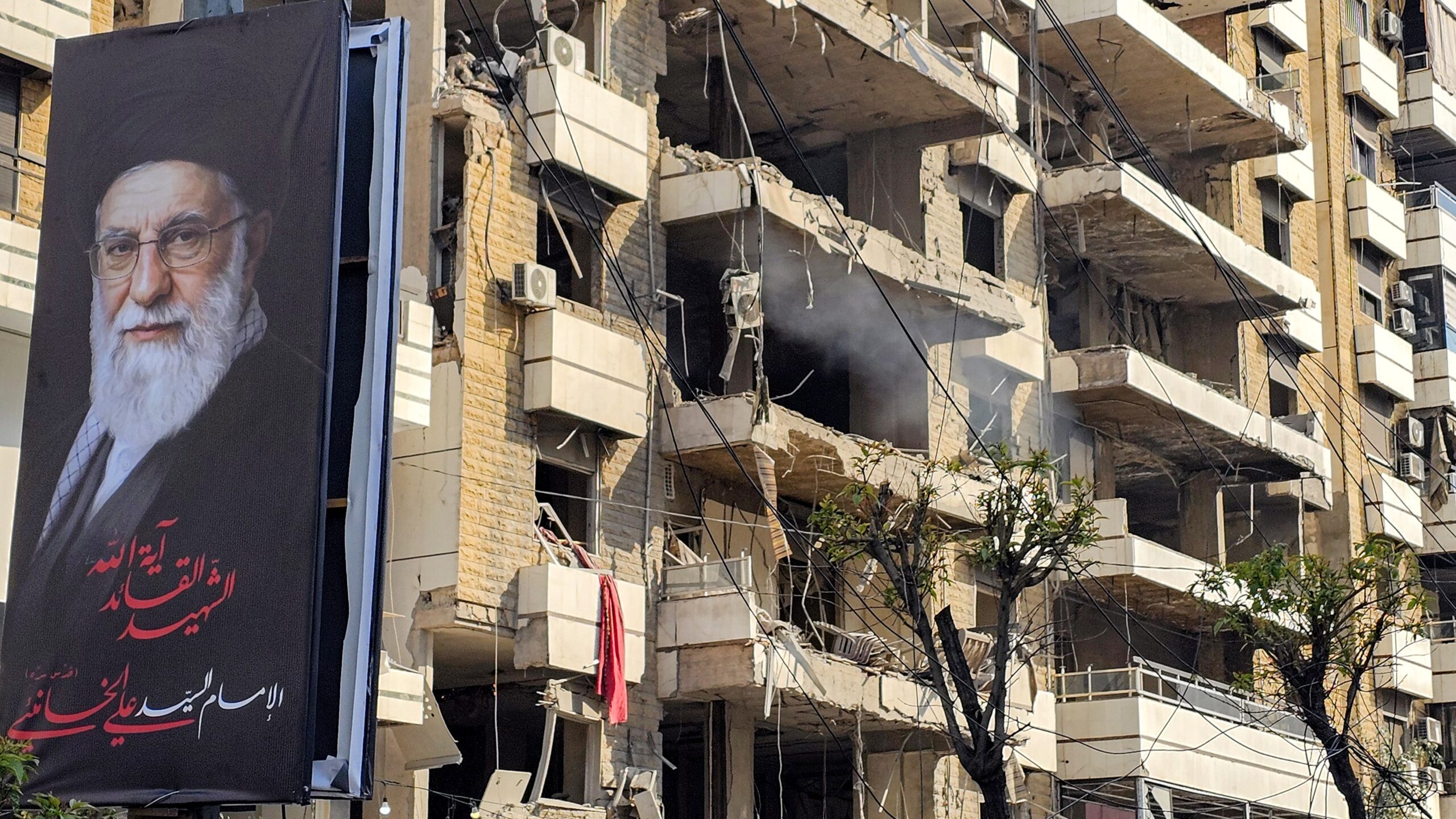
While Khamenei’s death does not automatically mean the collapse of the regime, it is nevertheless a severe blow to the Islamic Revolution.